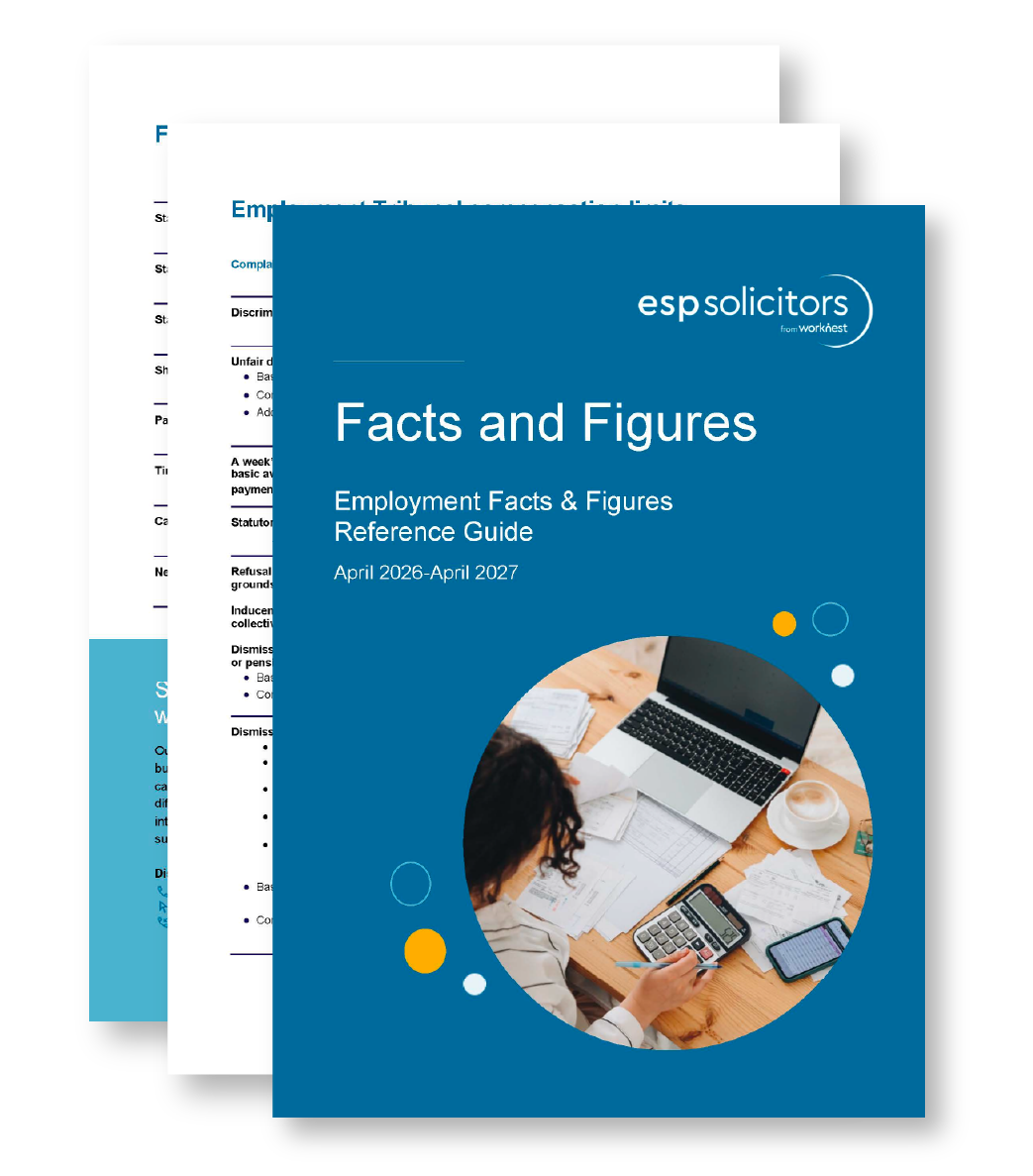As the job market becomes increasingly challenging, employers and HR professionals are grappling with the intricacies of the immigration system in order to hire skilled workers. However, navigating the ever-evolving Immigration Rules and accompanying guidance can be a daunting task. To help shed light on the latest developments, this blog will examine crucial updates that employers and HR professionals should be aware of.
Salary levels for the skilled Worker route
From 12 April, 2023, the salary levels for the Skilled Worker route have been updated to reflect the latest UK salary data.
Importantly, the general thresholds have increased as follows:
| Old rate | Rate from 12 April 2023 |
Skilled Worker Tradeable points A | £25,600 | £26,200 |
Skilled worker Tradeable points B | £23,040 | £23,580 |
Skilled Worker Tradeable points C, D, E, F | £20,480 | £20,960 |
Global Business Mobility (Senior or Specialist Workers) | £42,400 | £45,800 |
Global Business Mobility (Graduate Trainees) | £23,100 | £24,200 |
Global Business Mobility (UK Expansion Workers) | £42,400 | £45,800 |
Scale Up Workers | £33,000 | £34,600 |
These thresholds only apply for the first 48 hours worked each week by an employee. This means, if someone is working more than 48 hours a week, their salary will be considered pro rata and may result in it falling under the threshold. The latest changes allow for some flexibility to this rule, whereby if the applicant’s hours differ each week, as long as their average working hours over 17 weeks are no more than 48 hours, they will be considered compliant. This is a particularly important change for shift workers who may work longer hours for some weeks, but then have unpaid rest weeks.
Employers should also be aware that the hourly and going rates for roles have been reviewed in light of the latest salary data. This may mean that planned hires have to have their salary increase if their certificate of sponsorship was not issued prior to 12 April, 2023.
Global Business Mobility Route
Due to the UK-Australia Free Trade Agreement, there is now no requirement for Australian citizens and permanent residents who are coming to the UK to set up a branch or subsidiary to show that they have been employed by the Australian employer for 12 months.
Offshore Workers
The Rules have changed to confirm that the Skilled Worker route also applies to offshore workers operating in UK territorial and internal waters. Under the updated guidelines, sponsors are now required to report when a worker first enters UK waters at the start of their sponsored job, as well aswhen they leave the UK waters upon completion of the job. This must be done no earlier than the arrival to or departure from UK waters and must be done no later than 10 working days after the arrival/departure date.
New Sponsor Obligations
With the rise of remote working and hybrid working, the Home Office has issued an update to the Sponsor Guidance (Part 3) which now mandates sponsors to report any changes to a sponsored worker’s normal work location,, including situations where the worker is working remotely from home or has moved to a hybrid working pattern. This reporting requirement applies to changes in regular working patterns and has to be reported within 10 working days of the relevant change.
Youth Mobility Scheme
The UK government has enhanced its existing agreement with New Zealand, increasing the age range for New Zealand citizens under the Youth Mobility Scheme from 18-30 to 18-35, and extending the maximum stay period from 2 years to 3 years.
Electronic Travel Authorisation Scheme
The government has announced that a new Electronic Travel Authorisation (ETA) will be required for all “non-visa nationals” (i.e. individuals who are not required to obtain a visa prior to travelling to the UK) by the end of 2024.
This requirement will initially apply to nationals of Qatar from 15 November 2023, then to nationals of Bahrain, Jordan, Kuwait, Oman, Saudi Arabia and the United Arab Emirates from 22 February 2024. The application process will open on 25 October 2023 and 1 February 2024 respectively.
Applications for an ETA will be submitted either via a new app or using an online form and they will be granted through automated processing. Where an ETA is refused, this would not affect that person’s ability to apply for a visa to come to the UK.
A decision will usually be made within 3 days. Employers and HR professionals will need to ensure that this is factored in for any business travel plans for employees based outside the UK so that they do not face being turned away at the border.



